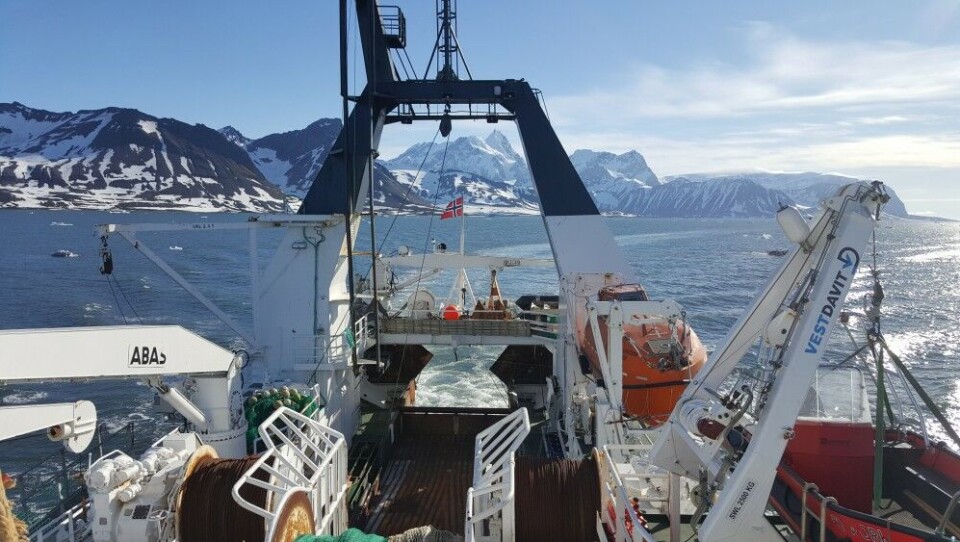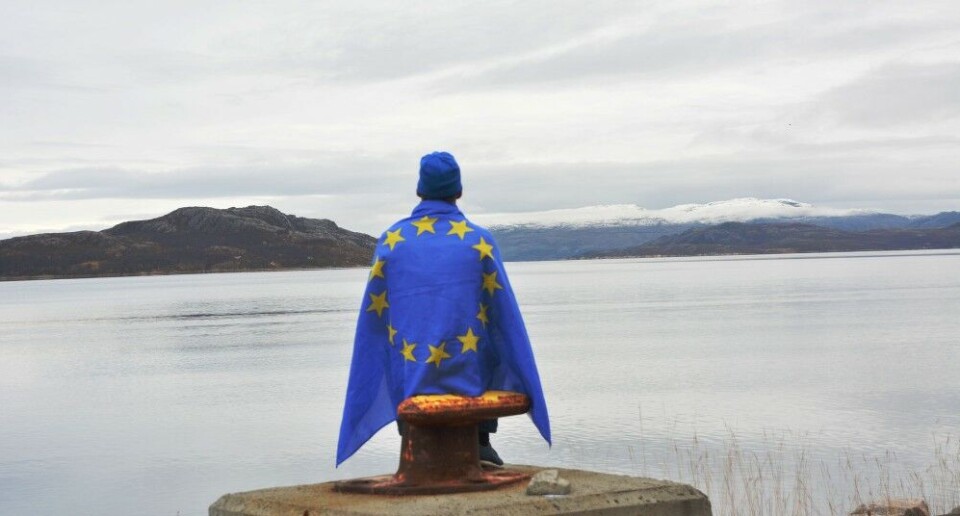
EU voices concern over unsustainable cod fishing by Norway and Russia around Svalbard
The European Union wants non-discriminatory cooperation in the management of Arctic cod.
The International Council for the Exploration of the Sea (ICES) has triggered the alarm bells as they announced that the stocks of Arctic cod, also known as Polar Cod, have deteriorated at a far faster pace than previously predicted. To avoid further endangering the Polar cod, scientists advise that fishing of the Arctic cod should decrease at least 43 percent by 2022, the European Council says in a statement.
However, Norway and Russia in contrary to the recommendations, are making decisions that are leading to unsustainable fishing of the stock, the Europan Commission claims.
The two countries are planning to decrease fishing Arctic cod by just 20% within the same timeframe, falling more than 50% short of the scientific advice, the EU states. The countries have thus conjunctly deviated from the maximum sustainable yield (MSY) principle, which indicates the highest possible annual fish catch that can be sustained over time, without seeking cooperation with any other relevant stakeholders.
To make things worse, in the time span between 2017 and 2020, both Norway and Russia disregarded their own fishing limits outlined in their bilateral management plan by continuously setting higher fishing quotas, the European Commission says.

These recent events have led to EU fishers calling out their discriminatory treatment as they feel their rights are being overlooked by Norway, which is allowing domestic and Russian fishers to fish a far greater bulk of the Arctic cod stock.
Unlike Norway’s lack of recent attempts to improve sustainable fishing, the European Union (EU) claims it is committed to sustainable fisheries in all waters where their vessels are operating. As part of their sustainable agenda, the EU has established management plans (MAPs) for its fisheries in all its northern waters and has attempted to engage all concerned non-EU countries to join sustainable fishery management.
Norway’s and the EU’s forking fishing policies have led to the EU officially calling upon Norway and Russia to alter the trajectory of their fishing policies. In an article published last week, the EU called on Norway and Russia to cooperate (alongside all other relevant parties) towards the ultimate objective of agreeing on sustainable and fair management of Arctic cod.
This is not the first time that Norway has landed in hot water because of its unsustainable fishing policies. At the end of July, tensions between the EU and Norway escalated as it was reported that Norway’s fleet had fished 80 percent of the quota they had set themselves in the Svalbard Zone., the Fishing Daily reported. The EU warned that Norwegian intervention will be met with hostile reactions.
This came after the fact that the EU had granted themselves the quota of 28,431 tones of cod in Svalbard’s Sea area, which Norway deemed as the neglect of their sovereign rights under the law of the sea.

















